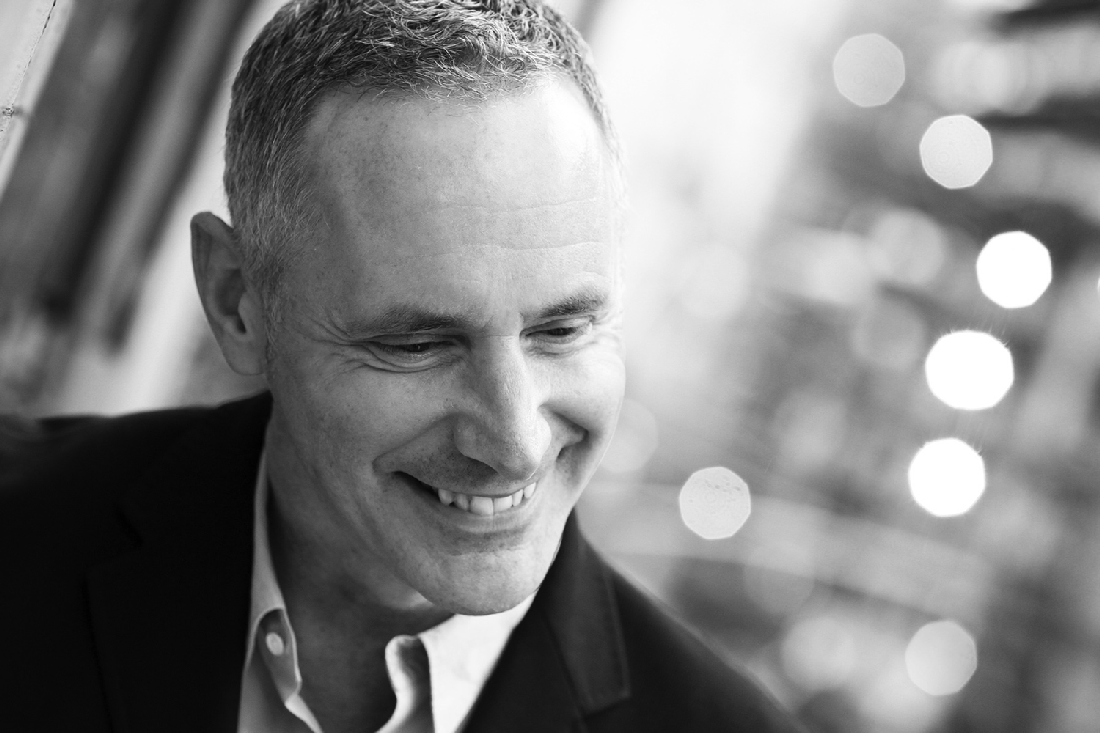- November 24, 2024
-
-
Loading

Loading

There are unsung heroes, and then there are opera librettists. Pulitzer Prize-winner Mark Campbell is one of the most prolific, in-demand librettists in the world. His work has won countless awards, including a Grammy nomination, and has been produced by opera companies across the United States.
Best known for works such as “Silent Night” and his operatic adaptation of “The Shining,” he’s become one of the leading figures in contemporary American opera. But still, he sees a big lapse in understanding when it comes to his profession. As the person responsible for writing the story for which the conductor composes the music, the librettist is crucial to the operatic process. Yet many people still don’t understand what it is he does — or that contemporary opera even exists.
“Librettists are notorious for never being properly credited,” he says, laughing. “I can’t tell you how many times I’ve had to go to an opera company and explain that they have everyone’s name listed — all the way down to the wigmaker — but my name is nowhere to be found. I hope I can help people better understand.”
Campbell is currently an artist in residence at the Hermitage Artist Retreat in Englewood, and in conjunction with the Sarasota Opera, led a talk Wednesday at the Opera House titled, “Adventures in Opera.”
We caught up with Campbell to talk contemporary opera, the art form’s changing landscape and what exactly a librettist does.
"THERE'S A SENSE OF MYSTERY about what a librettist does. Opera is created by two people: a librettist and a composer. Sometimes that’s one person, but usually it’s not. So many people still think that operas are written by composers. My job is to serve the composer and the music.”
"PEOPLE THINK OF OPERA as this ancient form. Few people are aware that contemporary American operas are even out there. The industry is actually amazing right now. When I meet people and tell them what I do, a lot of them ask if I write my operas in Italian. People just aren’t aware of it.”
"GREAT AMERICAN OPERAS are being written right now, and they’re being programmed at opera houses because the audience is changing. Younger audiences don’t necessarily want to see ‘La Boheme’ a fourth time. They want to see something relevant to their lives.”
“HOPEFULLY THEY CAN'T RELATE DIRECTLY to ‘The Shining,’ but it’s a familiar story. The only thing different now is that we’ve added music to intensify the emotions. It’s an art form I want to keep alive, and that can be controversial. Of course there are purists, and people who look down on contemporary opera, but if you really break it down, these are great, emotionally powerful stories.”
“A GOOD LIBRETTIST IS PRETTY MUCH INVISIBLE. We do our job in the shadows. It’s storytelling through music. It’s not just a bunch of syllables, it’s a story from which the composer takes his cue. The story informs the music.”
“BECAUSE OF THE EXPANSIVE NATURE OF MUSIC, it’s about using as few words as possible to get the message across — seven or eight-word sentences. Music can take you to an emotional place that words simply can’t touch. Music and emotions are abstract. It’s like love; if you try to break it down and explain it, you lose the magic. So you need to know when to step back and let the music take over.”
“THERE'S A SYNERGY that only happens when music and words are combined that thrills me. That’s why I write opera. Reducing an audience to tears or overcoming them with joy is so much more effective with music behind it.”
“I WANT TO BE ABLE TO ANSWER THE QUESTION: ‘Why an opera?’ It needs to be a story in which the character has no other way to express the emotion and the grandness of their story than by singing.”
“OPERA DOESN'T HAVE TO BE this rich, old thing that has no connection to our lives today. I believe that strongly. In Italy, the whole family would go to an opera. I wouldn’t mind if that happened today. But the art form won’t survive if we don’t continue to appeal to the world in which we live. I’m still writing my operas based on 400-year-old ideas. I just like a good story.”
“I WANT EVERY SEAT IN AN OPERA HOUSE FILLED. As long as the story is good and the music isn’t compromised. I want to find a character people care about — one they can be excited for two-and-a-half hours of them singing.”